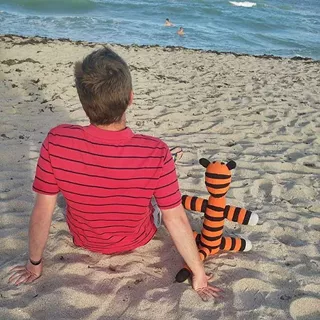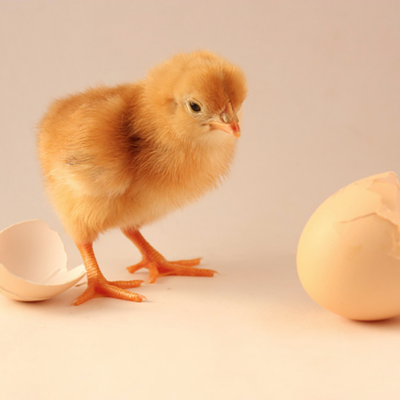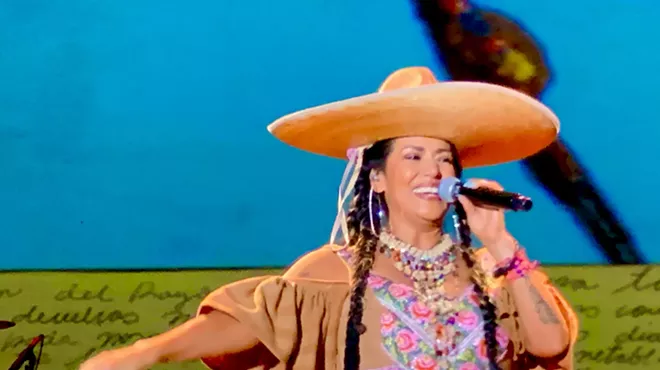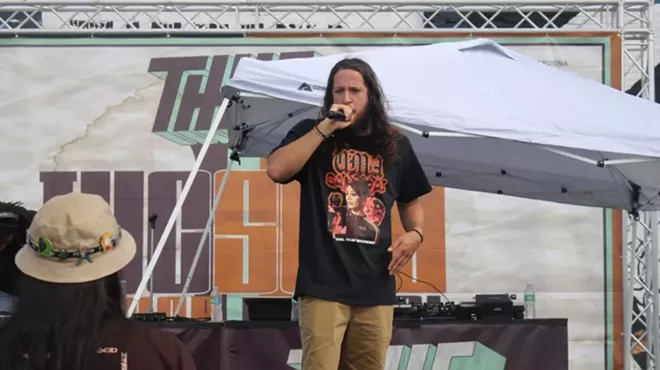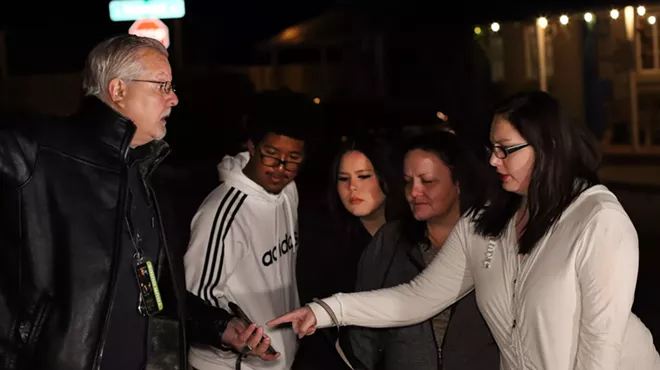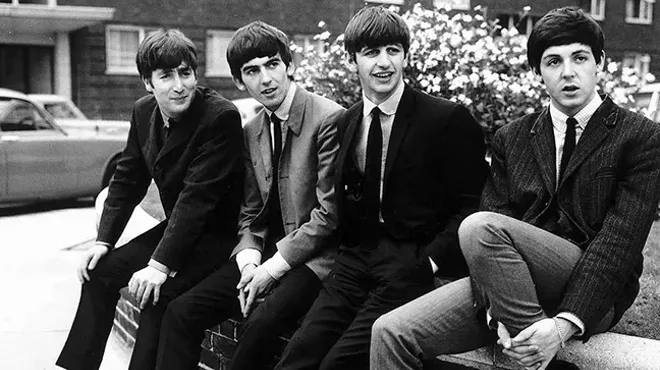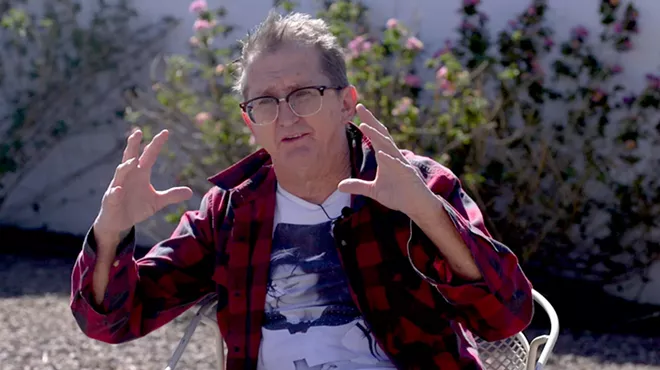Monday, February 22, 2016
Into the Mild: Day One in a Nairobi Slum
Mathare Slum, Nairobi, Kenya – January 2016
Summer.
Finally.
I grew up in Death Valley and don’t do well with cold. Seeing 2016 on my calendar means that I’d been on the road for 18 months now, shifting between hemispheres every six months and staying in perpetual winter. 18 months of cold nights and stuffy clothes. But not now. The warm and humid air that stuck to me after I exited the airplane in Kenya was a long awaited hug.
After a quick wait in the immigration line, I made my way out of the airport and was quickly met by Eric and Vivian. Eric is the founder and leader of Mathare Foundation, the organization where I would be working for the next month. Vivian was an assistant who coaches the soccer team and counsels children in writing. We grabbed a cab that was too small for the three of us plus my backpack, so I went with my bag on my lap and Vivian offered to take Hobbes on hers. These were good people.
We were headed to Mathare Slum, a slum of 500,000 people with a 30 percent HIV infection rate and no free education past 8th grade. I would work at Mathare Foundation, a non-profit that offered children free classes in soccer, performing arts, and photography. The pragmatic hopes are that the photography program can be self sustaining and offer the children real work, while the soccer and performing arts programs were meant to assist children in getting scholarships to continue their studies. The immediate results are that the kids can display and take pride in their accomplishments, have positive role models outside of the home, and have productive work to do in the time when they are most vulnerable to drugs and crime.
Fifteen minutes into the cab ride we were pulled over at a police checkpoint. We had passed on the shoulder, the police officer told us. Everybody was passing on the shoulder. But we had me. And I looked like I had money. The police officer grabbed the keys from the cab’s ignition, went to talk to other officers, and came back after five minutes. He jumped in the front seat and told the driver to take us all to the police station. Eric, Vivian, and I bailed after five minutes, giving the driver enough for the ride and a bit extra to help with the impending bribe.
We took a series of buses and arrived at Mathare 30 minutes later. I met the other volunteers at the foundation, football coaches James and Sharon, plus some of the brighter students. Everybody we met was incredibly friendly and made me feel welcome, despite our many differences. They gave me a brief tour of the slum, told me what they do at the foundation, and some of the children gave me a presentation of photographs and stories from their lives.
Then I got to work. I would be running the website and helping with tracking finances, plus I would be an assistant coach on the soccer team. I’ve never done any of these things before. No problem. I understand basic coding, excel, and teaching, so websites, basic finances, and coaching couldn’t be too much different. It was a relatively short day as it was already late after the tours and introductions, but I looked over the website and made a list of ideas and corrections for the owner to consider. I realized that I’d have to buy a sim card and piggyback off my phone to get wifi for the office computer. I was a bit disappointed, but I was staying for free with Eric so the least I could offer is to pay for my own internet while I was there.
After work we went to Eric’s apartment. I would be staying here for my month in Nairobi. The first impression of the apartment wasn’t great… it was a concrete square of no more than 80 square feet, with no running water, no stove or refrigerator, and no furniture. We would share a foam pad to sleep on. At the end of the corridor was the bathroom, a turkish toilet without running water, across from the “shower,” a 5X5 concrete box with a drain on the floor and a door that doesn’t completely close. You brought your own water to shower or flush. Any suspicion that Eric was living large from foundation’s funding immediately died.
The first night was rough. The power went out roughly 10 minutes after we arrived to his room. We turned off the lights and unplugged everything to avoid a surge. An hour later, we heard a chorus of children screaming and cheering outside and knew that the power had come back on. It happened no more than once per week, Eric told me. I washed my face in the hallway and we got ready to sleep. “We’ll cover the window and hope mosquitoes don’t come in,” Eric told me. He offered me his blanket but I didn’t want to take anything from him and tried my sweatshirt instead. As I tried to sleep, I realized that the delightful Kenyan music that the neighbor was blasting isn’t as delightful at midnight. The neighbor left it playing whenever he was awake, starting at roughly 6 a.m.
I couldn’t sleep. I laid on my half of the bed, swatting at mosquitoes and trying not to crowd my roommate. And I thought of Greece. The amazing people there. The amazing work. The private bed with blankets and no mosquitoes. If money weren’t an issue, I probably would have returned. Eventually I fought all these thoughts off and fell asleep.
I woke up in the morning, tired and wearing more than a handful of mosquito bites. No worries, I had malaria pills from a previous trip in my backpack. I then realized that they had expired 15 months ago. And that you’re supposed to take them two days prior to arriving to a risk area. I did a panicked google search and found that the pills are not required for Nairobi like they were the rest of Kenya, but that they were still suggested. Oh well.
The next day brought a full work schedule, lots of new friends, and a better understanding of my place in the community, but that story comes next week.
For more information about Mathare Foundation, please visit http://matharefoundation.org and consider donating.
Tags: into the mild , kenya , poverty , slums , altruism


